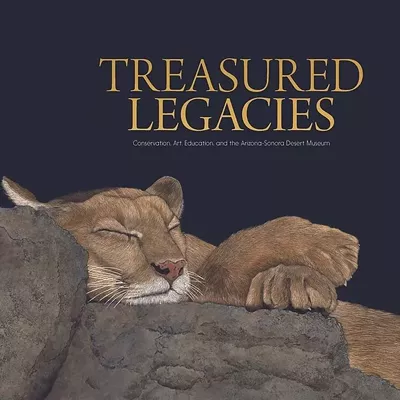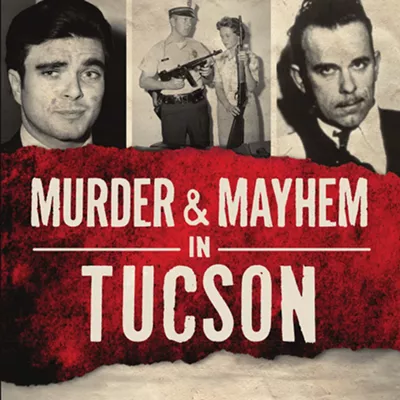The Deportation of Wopper Barraza
Maceo Montoya
University of New Mexico Press
$19.95; 224 pages; fiction
It's more than just Wopper whose life gets upended by deportation in this affecting new novel about the immigrant experience. As The Deportation of Wopper Barraza opens, Roberto Barraza ("Wopper" since a childhood incident involving a bag of hamburgers) has just been convicted of his fourth drunk driving incident, and ordered out of the US. Brought in from Mexico illegally when he was a toddler, he has no connection to the country or means to support himself. In addition, his girlfriend turns up pregnant, and she won't join him across the border. His father, however, has a plan: Wopper will live out his father's dream: Go to the Michoacán region where he'd bought land, and farm it. ("Wait, Dad. What crops?") That'd be a tall order for a husky Californian given to beer and TV, and he encounters considerable obstacles ... the local bad guy, not the least.
UC Davis Chicano studies Professor Maceo Montoya touches on a number of issues in his novel: The disruption in family lives when one member is deported; complicated, unresolved cross-border relationships; conflicting generational expectations and ambitions. Through the character of a cousin who works in college counseling, he deplores the limited professional opportunities pursued by once-promising young Mexican-Americans.
Think we might have found a new selection for Mexican-American studies.
Pills and Starships
Lydia Millet
Black Sheep
$11.95; 256 pages; young adult fiction
Full disclosure #1: This reviewer is not of the target demographic for this book—young teenagers—nor has she had much truck with them lately. FD #2: This reviewer is an unabashed fan of the work of Tucson writer Lydia Millet. This reviewer, thus, is possibly quite unqualified to weigh in on Pills and Starships, Millet's first young adult novel. And, yes, she loved it.
The novel is set in the future in a fully contaminated world—global warming, environmental contamination, and overpopulation have rendered it an inhospitable place: infectious disease is rampant, whole populations of humans and animals have died off, and international governance (corporations, actually; they're called "corps") now controls all life. Having passed the tipping point of sustainability, they've imposed rigorous restrictions: no babies are to be born, and old people choose a service contract to end their lives prematurely. Because everyone's moods are controlled by drugs, they politely acquiesce to euthanasia.
The story's told from the perspective of 16-year-old Natalie, who, with her rebellious younger brother Sam, has gone to Hawaii with their parents to fulfill their contract. The more drugged and therapied the family gets, the more determined Sam and Natalie are to save their parents. Not surprisingly, an opportunity presents itself.
Millet presents environmental issues she's dealt with before, but embeds them in engaging story, and sympathetic characters, lively voice, and a little, satisfying "ick." If her dystopia is satire, it's affectionate satire. If the premise is morbid (the death week!), its resolution is not without hope. Nor is it without humor or a little lesson that lingers. We'll see if the kids like it as much as this old reviewer.
Preservation
Cynthia Lang
Mill City Press
$14.95; 302 pages; fiction
Note to authors and publishers everywhere: Open your book with a typo, and you've shot yourself in the foot. Follow it with another one or two paragraphs later, and you've seriously crippled your credibility.
Despite spelling errors and an irritating propensity for comma splices, however, author Cynthia Lang does manage to redeem herself and pull out a readable story in her new novel Preservation. In it, thirty-something, Manhattan workaholic graphic designer Lee Baldwin has returned from a business trip to find that her husband had disappeared. After months of futile waiting, she retreats to a small Maine town, where she discovers the values of history and personal relationships in the quaint, pre-iPhone era (1987).







